Intro
Calcium and vitamin D are two essential nutrients that play a crucial role in maintaining strong bones, teeth, and overall health. Calcium is a mineral that helps build and maintain bone density, while vitamin D is a fat-soluble vitamin that aids in the absorption of calcium. A deficiency in either of these nutrients can lead to a range of health problems, including osteoporosis, rickets, and increased risk of fractures. In this article, we will explore the importance of calcium and vitamin D, and provide a comprehensive list of calcium and vitamin D rich foods that can help you meet your daily nutritional needs.
The human body requires a constant supply of calcium and vitamin D to function properly. Calcium is necessary for muscle function, nerve function, and heart health, while vitamin D is essential for maintaining a healthy immune system and regulating cell growth. During childhood and adolescence, adequate calcium and vitamin D intake is critical for building strong bones and teeth, while in adulthood, it helps to maintain bone density and prevent osteoporosis. Unfortunately, many people do not get enough calcium and vitamin D from their diets, making supplementation and fortified foods essential for meeting daily nutritional needs.
A well-balanced diet that includes a variety of calcium and vitamin D rich foods can help to ensure adequate intake of these essential nutrients. Dairy products, such as milk, cheese, and yogurt, are excellent sources of calcium, while fatty fish, such as salmon and mackerel, are rich in vitamin D. Leafy green vegetables, such as kale and broccoli, are also good sources of calcium, while fortified cereals and orange juice can provide a boost of vitamin D. In addition to these foods, many other calcium and vitamin D rich foods can be incorporated into a healthy diet, including nuts, seeds, and whole grains.
Benefits of Calcium and Vitamin D
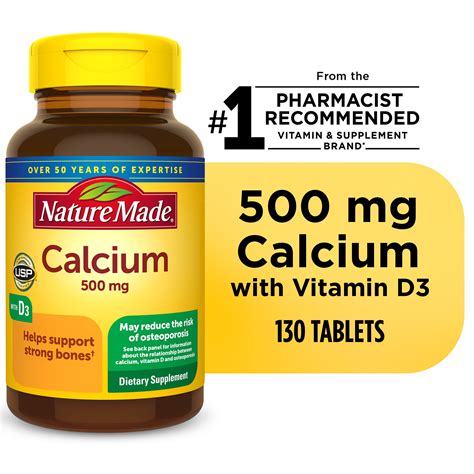
Calcium Benefits
Calcium is essential for maintaining strong bones and teeth, and a deficiency in this nutrient can lead to a range of health problems. Some of the key benefits of calcium include: * Building and maintaining strong bones and teeth * Regulating muscle function and nerve function * Aiding in the transmission of nerve impulses * Helping to lower blood pressure * Reducing the risk of osteoporosis and fracturesVitamin D Benefits
Vitamin D is essential for maintaining a healthy immune system and regulating cell growth. Some of the key benefits of vitamin D include: * Aiding in the absorption of calcium * Regulating cell growth and differentiation * Maintaining a healthy immune system * Reducing the risk of cardiovascular disease * Helping to prevent autoimmune diseases, such as multiple sclerosis and type 1 diabetesCalcium Rich Foods
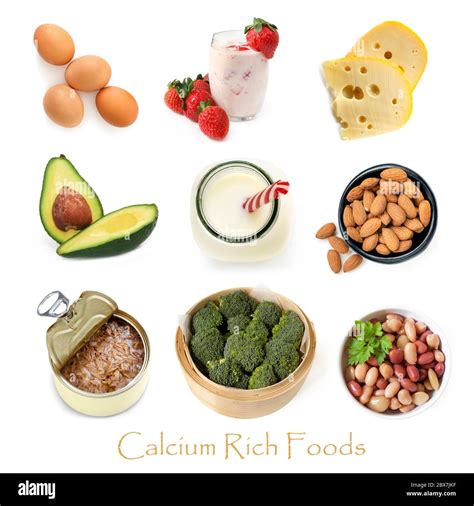
Top Calcium Rich Foods
Here are some of the top calcium rich foods: 1. Milk: 1 cup = 300 mg of calcium 2. Yogurt: 1 cup = 300 mg of calcium 3. Cheese: 1 ounce = 200 mg of calcium 4. Kale: 1 cup = 200 mg of calcium 5. Broccoli: 1 cup = 200 mg of calcium 6. Almonds: 1 ounce = 80 mg of calcium 7. Sesame seeds: 1 tablespoon = 80 mg of calcium 8. Fortified cereal: 1 cup = 100 mg of calcium 9. Orange juice: 1 cup = 100 mg of calcium 10. Brown rice: 1 cup = 50 mg of calciumVitamin D Rich Foods
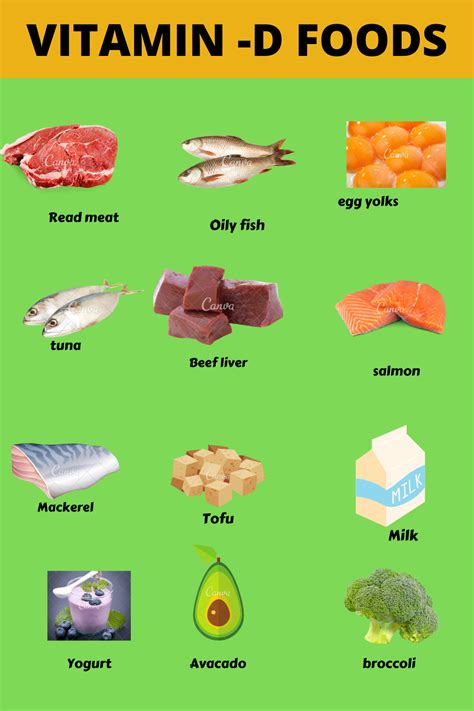
Top Vitamin D Rich Foods
Here are some of the top vitamin D rich foods: 1. Salmon: 3 ounces = 600 IU of vitamin D 2. Mackerel: 3 ounces = 360 IU of vitamin D 3. Sardines: 3 ounces = 250 IU of vitamin D 4. Milk: 1 cup = 100 IU of vitamin D 5. Yogurt: 1 cup = 100 IU of vitamin D 6. Mushrooms: 1 cup = 100 IU of vitamin D 7. Fortified cereal: 1 cup = 100 IU of vitamin D 8. Orange juice: 1 cup = 100 IU of vitamin D 9. Egg yolks: 1 large = 40 IU of vitamin D 10. Tuna: 3 ounces = 200 IU of vitamin DCalcium and Vitamin D Deficiency

Causes of Calcium and Vitamin D Deficiency
Some of the causes of calcium and vitamin D deficiency include: * Inadequate diet * Limited sun exposure * Certain medical conditions, such as celiac disease and Crohn's disease * Certain medications, such as anticonvulsants and steroids * Age and hormonal changesSupplementation and Fortified Foods
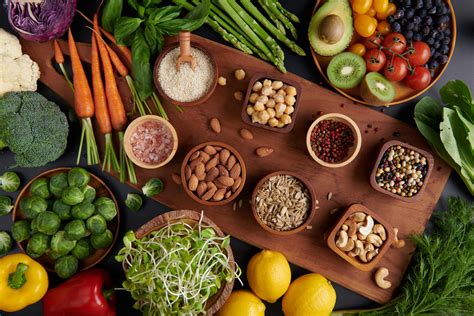
Types of Calcium and Vitamin D Supplements
Some of the types of calcium and vitamin D supplements include: * Calcium carbonate * Calcium citrate * Vitamin D2 * Vitamin D3 * Combination supplementsConclusion and Recommendations
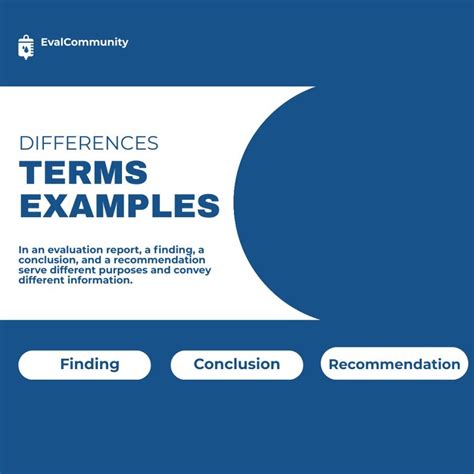
What are the benefits of calcium and vitamin D?
+Calcium and vitamin D have numerous benefits, including building and maintaining strong bones and teeth, regulating muscle function and nerve function, and aiding in the absorption of calcium.
What are some good sources of calcium and vitamin D?
+Good sources of calcium include dairy products, leafy green vegetables, and fortified cereals, while good sources of vitamin D include fatty fish, fortified dairy products, and mushrooms.
What are the symptoms of calcium and vitamin D deficiency?
+Symptoms of calcium and vitamin D deficiency include weak and brittle bones, increased risk of fractures, muscle cramps and spasms, and numbness and tingling in the hands and feet.
How can I ensure adequate intake of calcium and vitamin D?
+You can ensure adequate intake of calcium and vitamin D by incorporating calcium and vitamin D rich foods into your diet, considering supplementation and fortified foods, and consulting with a healthcare professional to determine the best course of action for your individual needs.
What are some tips for maintaining strong bones and teeth?
+Tips for maintaining strong bones and teeth include eating a well-balanced diet that includes a variety of calcium and vitamin D rich foods, exercising regularly, and avoiding smoking and excessive alcohol consumption.
We hope this article has provided you with a comprehensive understanding of the importance of calcium and vitamin D, and has given you the knowledge and tools you need to maintain strong bones and teeth. If you have any questions or comments, please don't hesitate to reach out. Share this article with your friends and family to help them understand the importance of calcium and vitamin D, and consider consulting with a healthcare professional to determine the best course of action for your individual needs.
